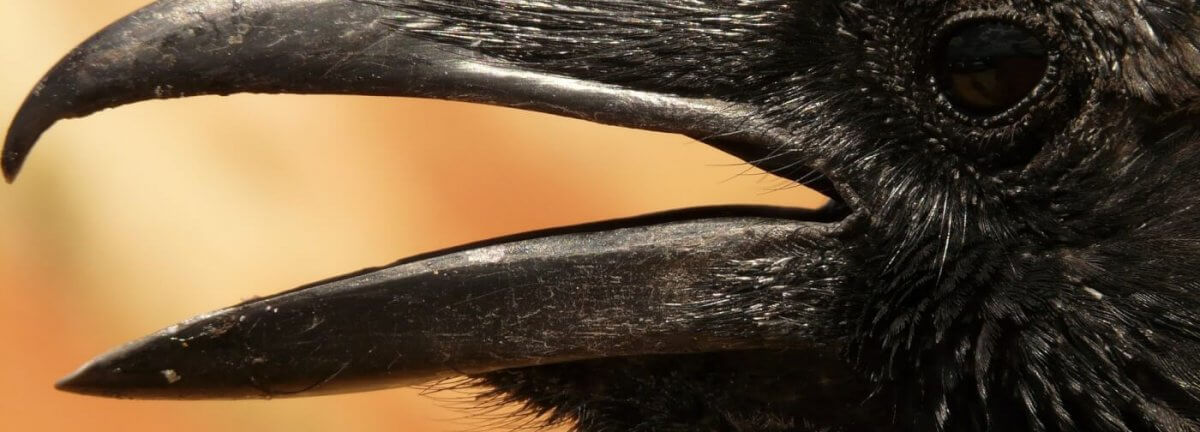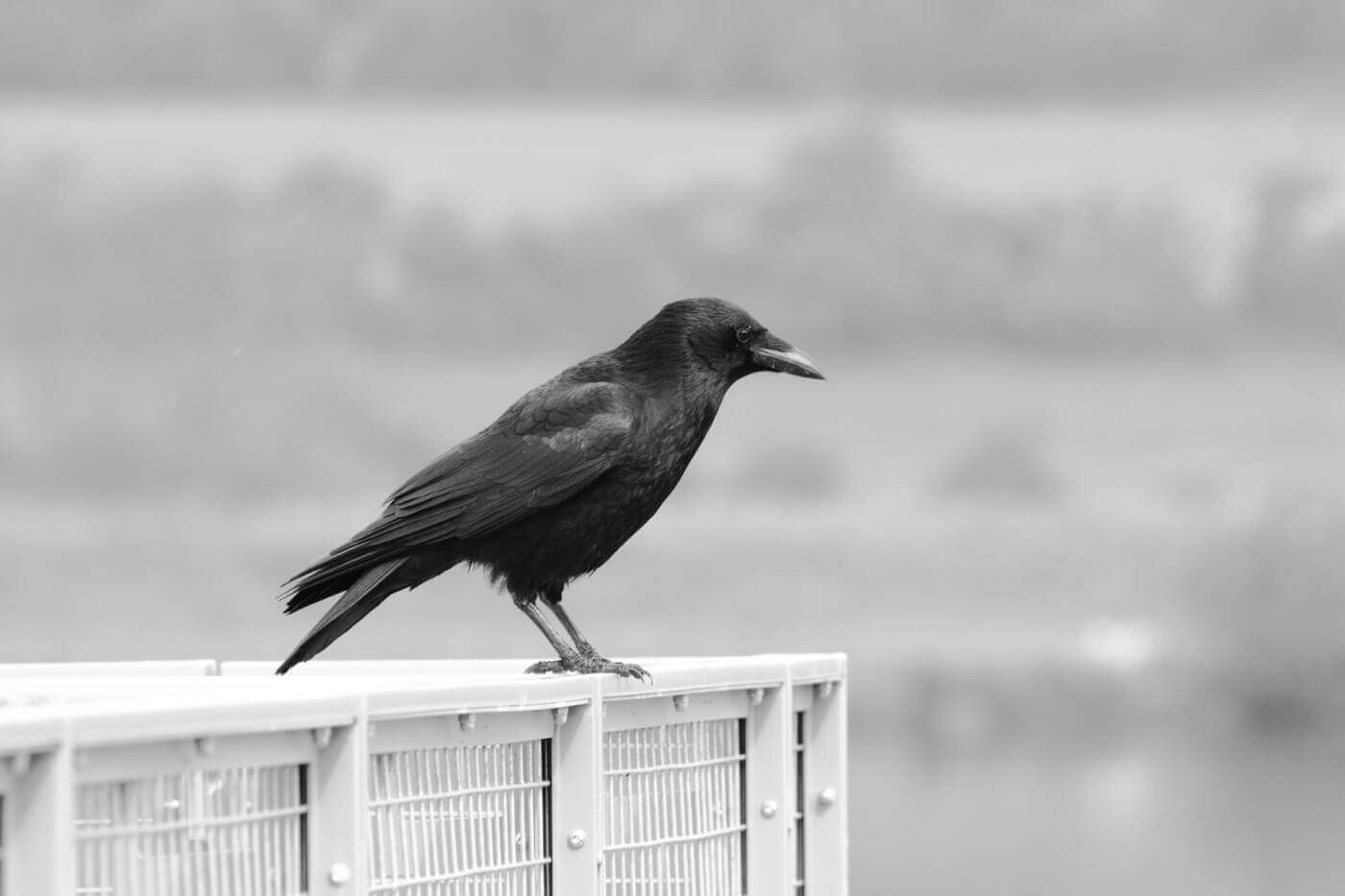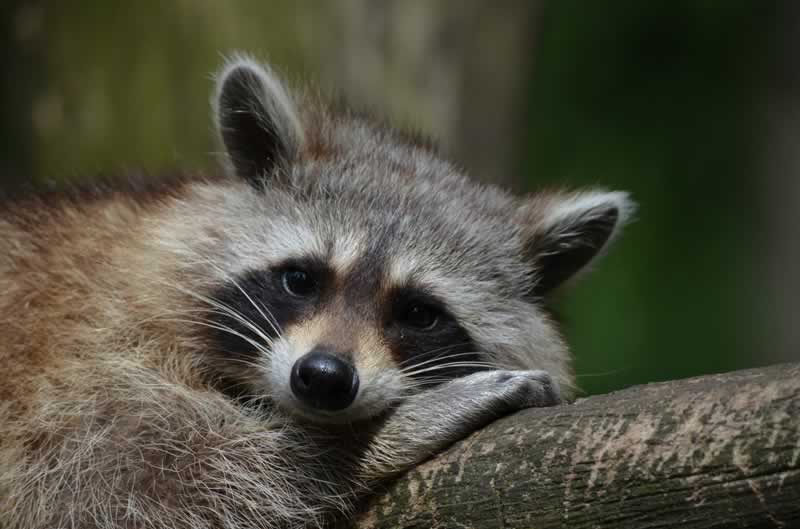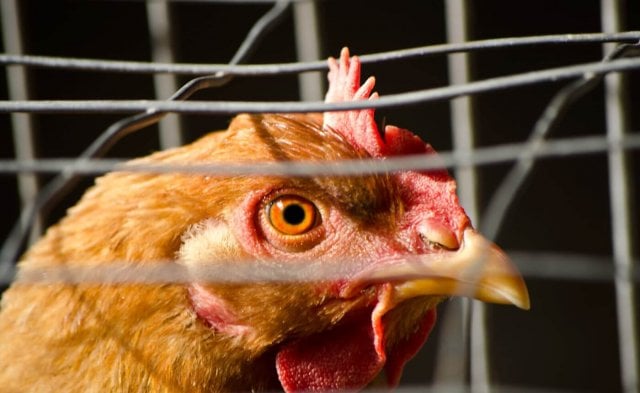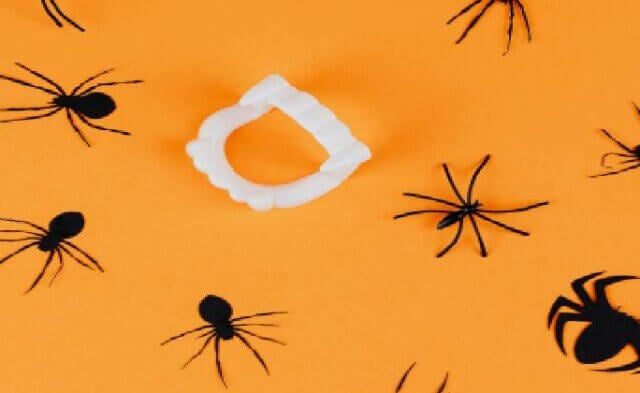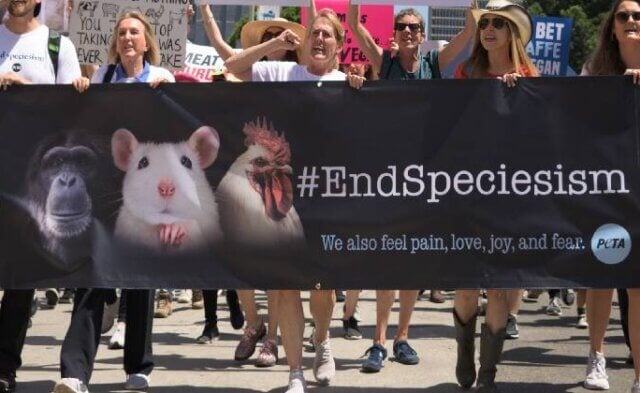This excerpt is originally featured in PETA’s new book, Love and Rescue: Tales of Survival, available for purchase in the PETA Catalog.
****
By Ingrid Newkirk
A crow comes to visit my office every morning. She has one foot—two legs but only one foot. I know she’s a “she” because she had a very noisy baby. I hear her, or the noisy baby, and I call out to her. She lands on my windowsill, and I put out her breakfast. She loves blueberries but hates falafel. I know that because she once spat it out onto a man walking by beneath the window.
Someone came into my office one day, saw her eating, and said, “Aw, she is so cute!” How often do we perceive animals simply as “cute” instead of reflecting on their experiences and struggles? After all, here’s this crow with only one foot somehow surviving, avoiding electrical wires and traffic and mean people in our concrete city. She’s constantly scavenging to feed herself and her demanding offspring. She arrives soaked to the skin in winter storms when it’s freezing out, and even in high winds, she has to cling to branches and fire escapes with just that one foot. If she injures it, she’s a goner! She is doing so many impressive things that I couldn’t possibly do. She is a whole, adult individual, with a disability and enormous challenges. “Cute” is such an inadequate word to describe her.
Usually, whatever animals do, it is thoughtful and clever, not just cute. When a small dog who has no opposable thumbs—none of our advantages—tries to drag a child’s plastic swimming pool into the house, it’s impressive. You can watch the video online. The dog’s name is Gus, and he is working on this project because he wants the pool in the house! That shows intelligence. And when tiny octopuses figure out how to use discarded coconut shells as a portable shelter, it is not just cute but also clever. For them, it is a matter of survival.
Animals are all trying to cope in a world full of difficulties and obstacles, where humans take everything away from them—their very homes, their young, their freedom, and their lives. Our challenge, as people who care about animals, is to open others’ eyes to animals’ needs, desires, and emotions. As often as possible, we must remind everyone that all animals are exactly the same as humans in the only ways that count.
You may have seen the viral video of a gander tenderly saying goodbye to his mate as she is tied to a motorcycle to be taken away and slaughtered. He did everything he could to save her: honk, protest, and even attempt to undo the string with his bill. Someone found this “cute” and took photos. But it wasn’t cute—his heart was breaking because he could not free her and he feared that he would never see her again. If only someone had thought, had realized, had said something, had stopped it.
When I look at other animals, I see that there’s a person in there. The outside (whether fur, feathers, skin, or scales), the build, the length of the nose, the number of legs—none of that matters. Inside, there is an individual with thoughts and feelings—a mother, a friend, a child.
During a visit to India, I saw a desperately poor woman sitting with her baby on a dirty mat on the busy bridge where they lived. Their belongings consisted of a tiny pile of things that wouldn’t even fill a shopping bag. Suddenly, she stood up and pulled something out of the hem of her long, grubby skirt. It was a small ball of rice wrapped in a shred of newspaper. She spread the little scrap on the ground and placed the rice on it. Along came a thin mother dog. The woman waited for her, then stood and guarded her as she ate the rice. If this woman, who has next to nothing, could share what little she has with a member of another species, what about those of us who are so much more fortunate? Surely we can do much more!
If we see an animal in need or being abused or neglected, we must never be silent or “cross the street” and look away but instead do everything we can to confront the situation and stop the animal’s suffering with a word or a deed. We must also speak up and tell others what they can do to protect and defend animals and make their lives easier and better. Activism is everything! Hockey great Wayne Gretzky said, “You miss 100% of the shots you don’t take!”— or, to put it another way, if you do or say something, you will score with some or even all of those shots. When we insist on change, change takes place. Please join PETA’s “army of the kind.”
****
Become a member of PETA’s Investigations and Rescue Fund, and help animals strengthening one of the most vital parts of PETA—our eyewitness investigations and life-changing animal rescue work.

